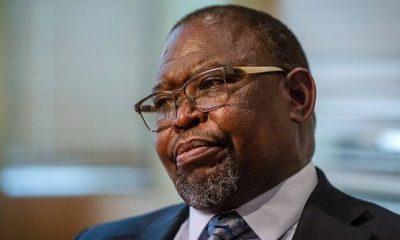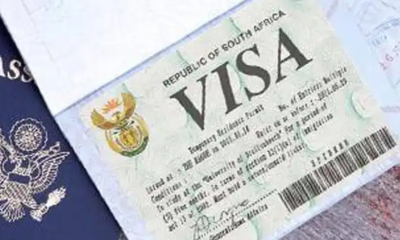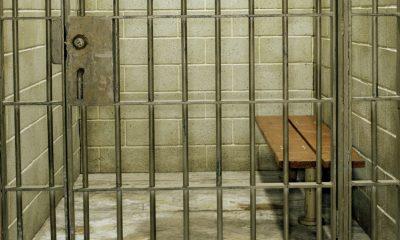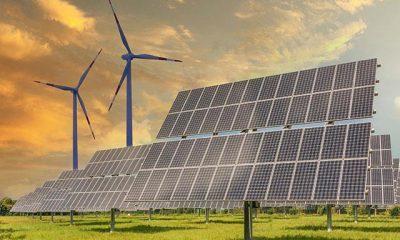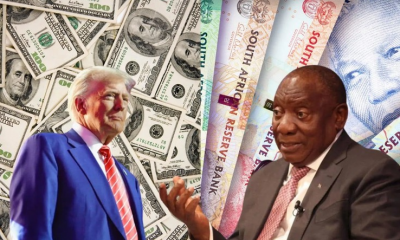Loadshedding
President Ramaphosa clarifies new powers for electricity minister – dispelling confusion
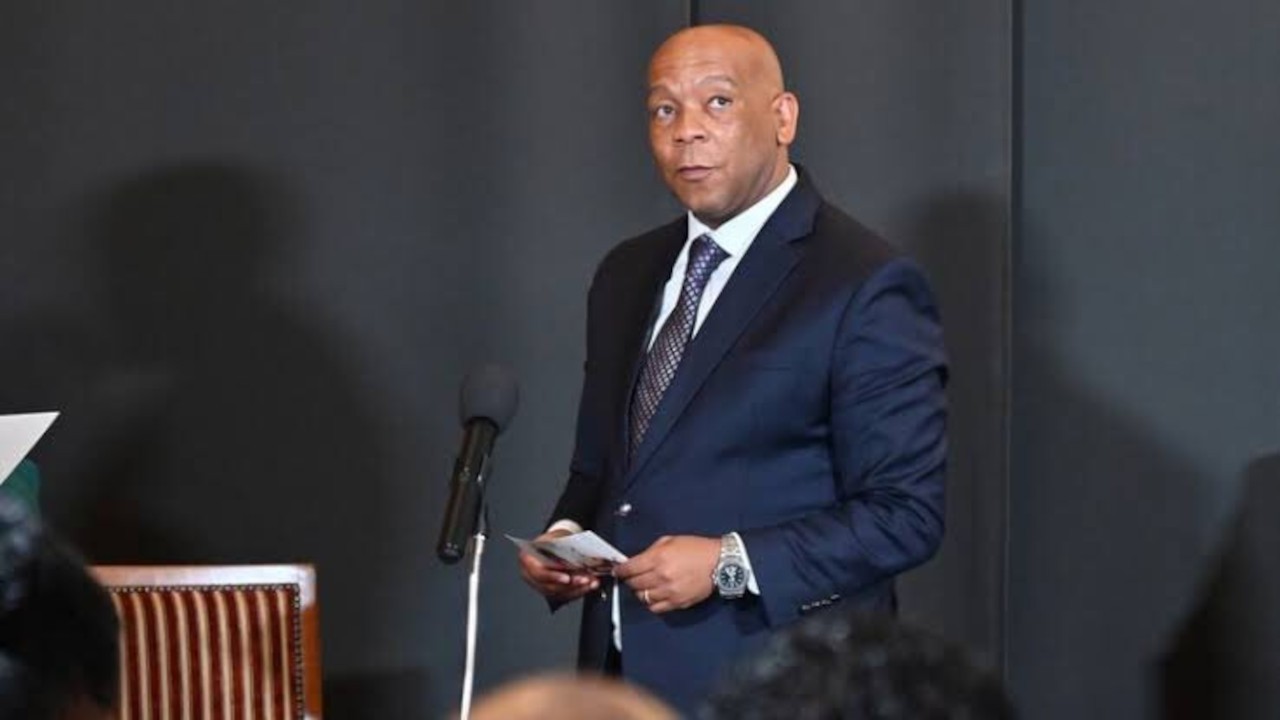
In response to President Cyril Ramaphosa’s announcement during his 2023 State of the Nation Address (SONA) to appoint a Minister of Electricity, the Presidency has taken steps to clarify the role and powers of this minister. According to BusinessTech, Ramaphosa explained the electricity minister’s new powers during the SONA, emphasising the need for a coordinated government response to the ongoing electricity crisis, which he declared a national priority.
The appointed Minister in the Presidency will be responsible for overseeing all aspects of the electricity crisis response. This oversight includes coordinating various government departments, entities, and Eskom and leading communication efforts with the public regarding the energy crisis. The minister’s primary objective will be to ensure the full implementation of the Energy Action Plan within the following year. This plan aims to address existing power stations’ challenges, improve their performance, and expedite the acquisition of new generation capacity.
Regarding functions and powers, the President has signed a proclamation that transfers certain powers and procedures from the Minister of Mineral Resources and Energy to the Minister of Electricity. These powers, outlined in Section 34(1) of the Electricity Regulation Act, include issuing determinations for new generation capacity. In addition, the minister will have the authority to specify the required amount and type of capacity and oversee the procurement process for acquiring it. This transfer of powers provides the Minister of Electricity with essential tools to address the current energy shortfall and effectively manage the development of new generation capacity.
Also read: SA raises questions about Kgosientso Ramokgopa’s role as electricity minister since his appointment
However, it is essential to note that the Minister of Mineral Resources and Energy will continue to oversee the procurement process of new generation capacity through the Independent Power Producer Office (IPP Office). The Minister of Mineral Resources and Energy will also retain responsibilities related to energy policy, long-term energy planning, regulation, fuel price determination, and petroleum and gas policy. Likewise, the Minister of Public Enterprises will maintain responsibilities related to Eskom, such as appointing the Eskom Board and overseeing the restructuring of Eskom into separate entities for generation, transmission, and distribution.
This division of responsibilities will support the effective implementation of the Energy Action Plan. The appointment of the Minister in the Presidency responsible for Electricity ensures a centralised and authoritative management of the electricity crisis response, facilitating rapid progress on the plan. Additionally, the Minister in the Presidency will oversee the National Energy Crisis Committee (NECOM), ensuring the plan’s implementation and holding government departments, agencies, and Eskom accountable for their actions.
This approach aims to streamline efforts without causing disruptions or necessitating extensive personnel or institutional changes by focusing on the immediate crisis response while maintaining the existing functions of relevant ministries.
Also read:
Follow us on Google News.

